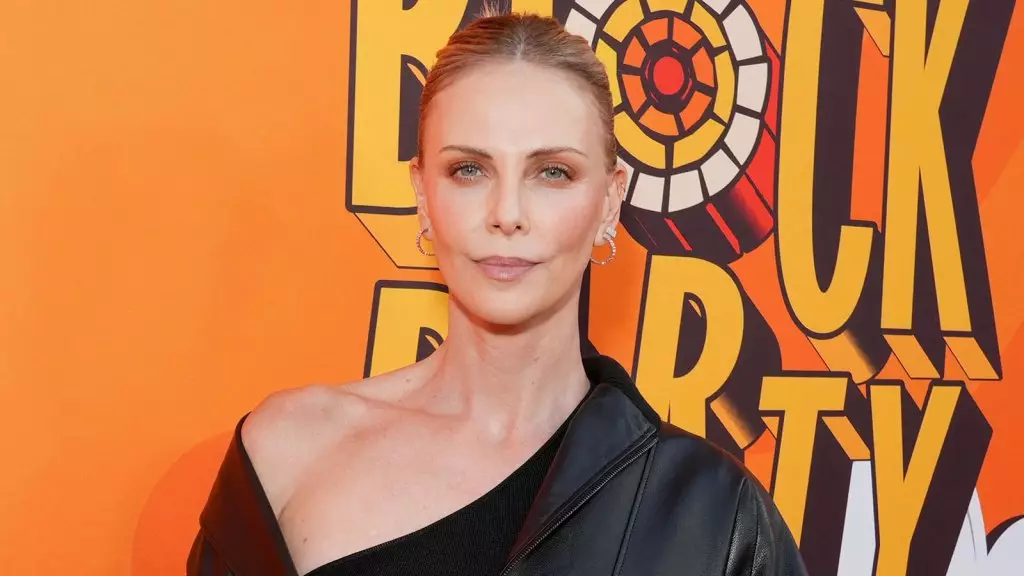In a candid reflection, Charlize Theron sheds light on a troubling experience early in her acting career, revealing how she confronted pervasive abuse of power in Hollywood. Her story underscores the importance of speaking out, despite the personal risks involved. Theron’s decision to keep the name of her abuser anonymous highlights a broader industry issue: the ongoing fear and silence that shield predatory behavior. Her honesty explores how systemic intimidation often discourages victims from naming their perpetrators, not out of loyalty but due to a complex mix of self-preservation and societal pressure.
Theron recounts an incident from her infancy in Hollywood when she was invited to an audition at a director’s home. What appeared to be a professional opportunity morphed into an uncomfortable and predatory encounter. Her instinct told her something was wrong, but like many aspiring actors, her uncertainty and naivety led her to question her own judgment. She hesitated, caught between her gut feelings and the industry’s often confusing signals. Her decision to leave was rooted in instinct, a quiet act of rebellion against accusations that are often dismissed or minimized by those in power.
The actress emphasizes the ongoing struggle for victims to find justice and closure. Her refusal to unveil the director’s identity isn’t out of loyalty or fear but a conscious choice to protect her narrative from becoming a smear campaign against someone she perceives as a predator. Theron’s stance exemplifies how victims often grapple with the challenge of balancing truth-telling and self-preservation in a system that heavily favors perpetrators, especially those wielding influence.
Industry Double Standards and Accountability
Theron’s story also reveals the manipulative tactics predators use to silence victims. The mention of a letter from her abuser—an attempt to deny accountability—underscores a disturbing pattern in Hollywood’s culture of gaslighting and denial. Her recounting of this petty attempt at damage control demonstrates how predators often rely on psychological manipulation, hoping victims will stay silent out of shame or fear.
What stands out sharply from her narrative is her unapologetic stance: she refuses to let anyone undermine her dignity. Theron consciously claims her space, acknowledging that her refusal to name names is a strategic act of resistance. She asserts her moral integrity and signals that she won’t allow anyone—no matter how powerful—to devalue her worth or dictate her experiences. This act of defiance is empowering, a bold assertion of self-respect in an industry rife with inequality and exploitation.
Her honesty challenges the narrative that victims must remain silent out of fear. Theron’s willingness to publicly address such a painful episode without succumbing to industry pressures exemplifies her resilience. Her insights also provoke a broader conversation about accountability and the necessity for systemic reforms that protect emerging actors and confront predatory behaviors head-on.
Theron’s narrative isn’t just about her personal experience; it’s a call for change. Her story is a reminder that courage means standing up, even when the odds seem stacked against us, and that silence only perpetuates injustice. Her willingness to speak out, even anonymously, calls into question the powerful networks that enable misconduct and the need for a cultural shift that prioritizes victims’ voices.
